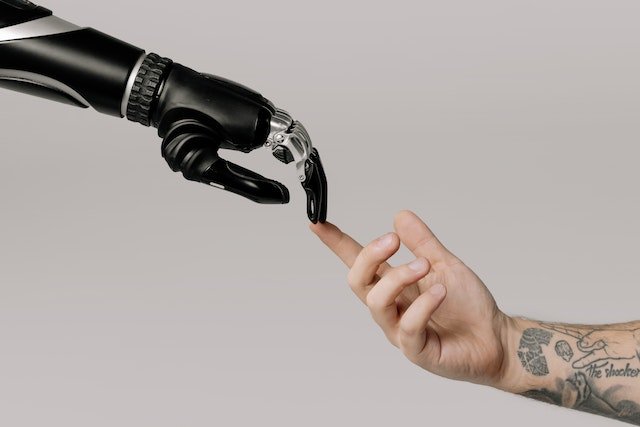Artificial Intelligence (AI) and Human Intelligence (HI) are two very different kinds of intelligence that serve different purposes.

AI refers to the ability of a machine or computer program to perform tasks that normally require human intelligence, such as visual perception, speech recognition, decision-making, and natural language processing. AI is achieved through the use of complex algorithms, machine learning, and neural networks that enable machines to learn from data and improve their performance over time.
On the other hand, HI refers to the intelligence that is unique to human beings, such as creativity, empathy, intuition, and emotional intelligence. Unlike AI, human intelligence is not limited to a set of algorithms or fixed rules, but rather it is shaped by experiences, education, and culture.
While AI has many advantages, including its ability to process vast amounts of data quickly and accurately, it also has limitations. AI lacks the creativity and emotional intelligence that human beings possess, and it can only operate within the parameters set by its programming.
Human intelligence, on the other hand, is capable of adapting to new situations and developing new solutions to problems. It is also capable of moral reasoning and ethical decision-making, something that AI is not yet capable of.
In summary, AI and HI are two very different kinds of intelligence that have their own strengths and limitations. While AI has made significant advancements in recent years, it is still unable to replicate the complex and multifaceted nature of human intelligence.